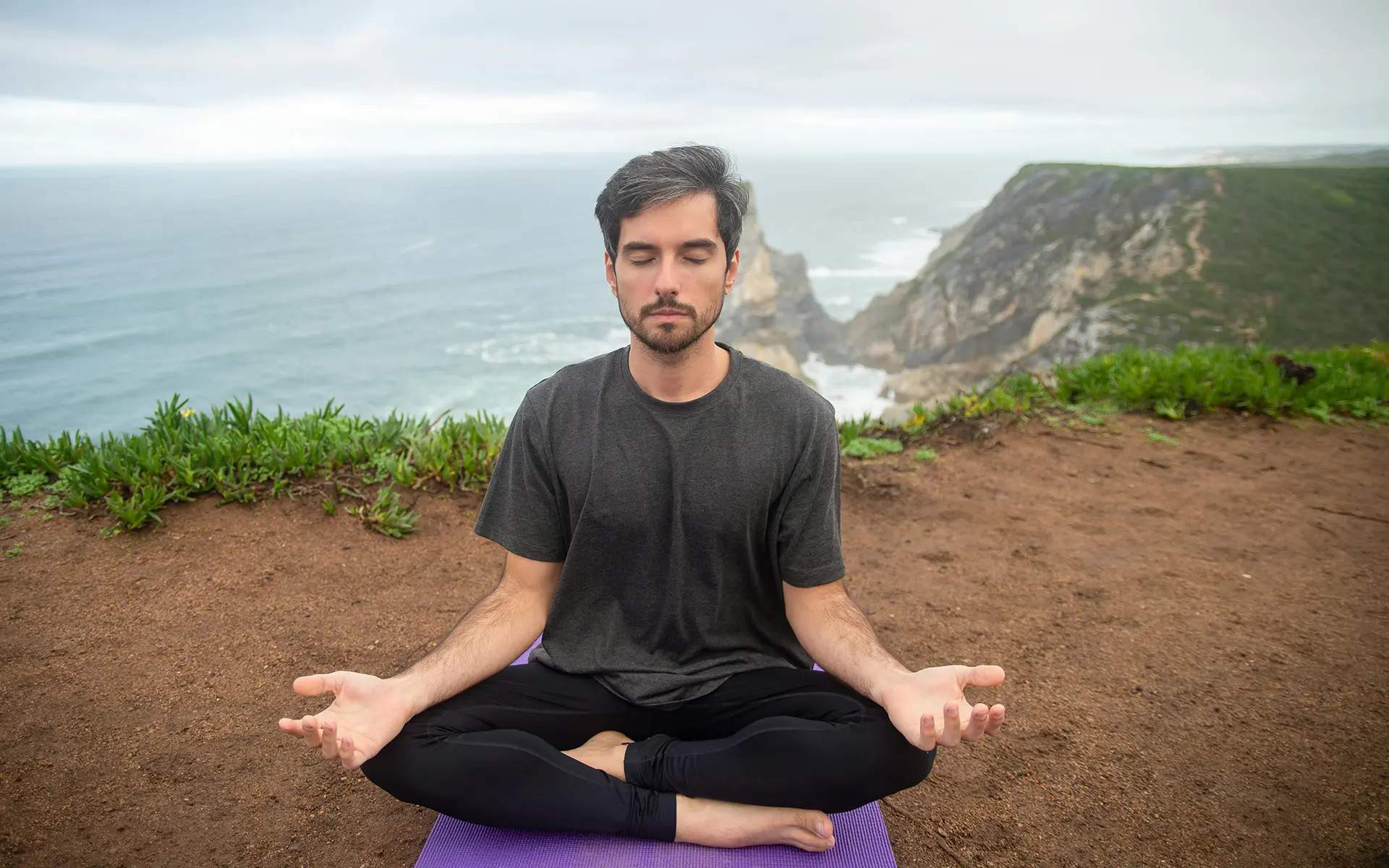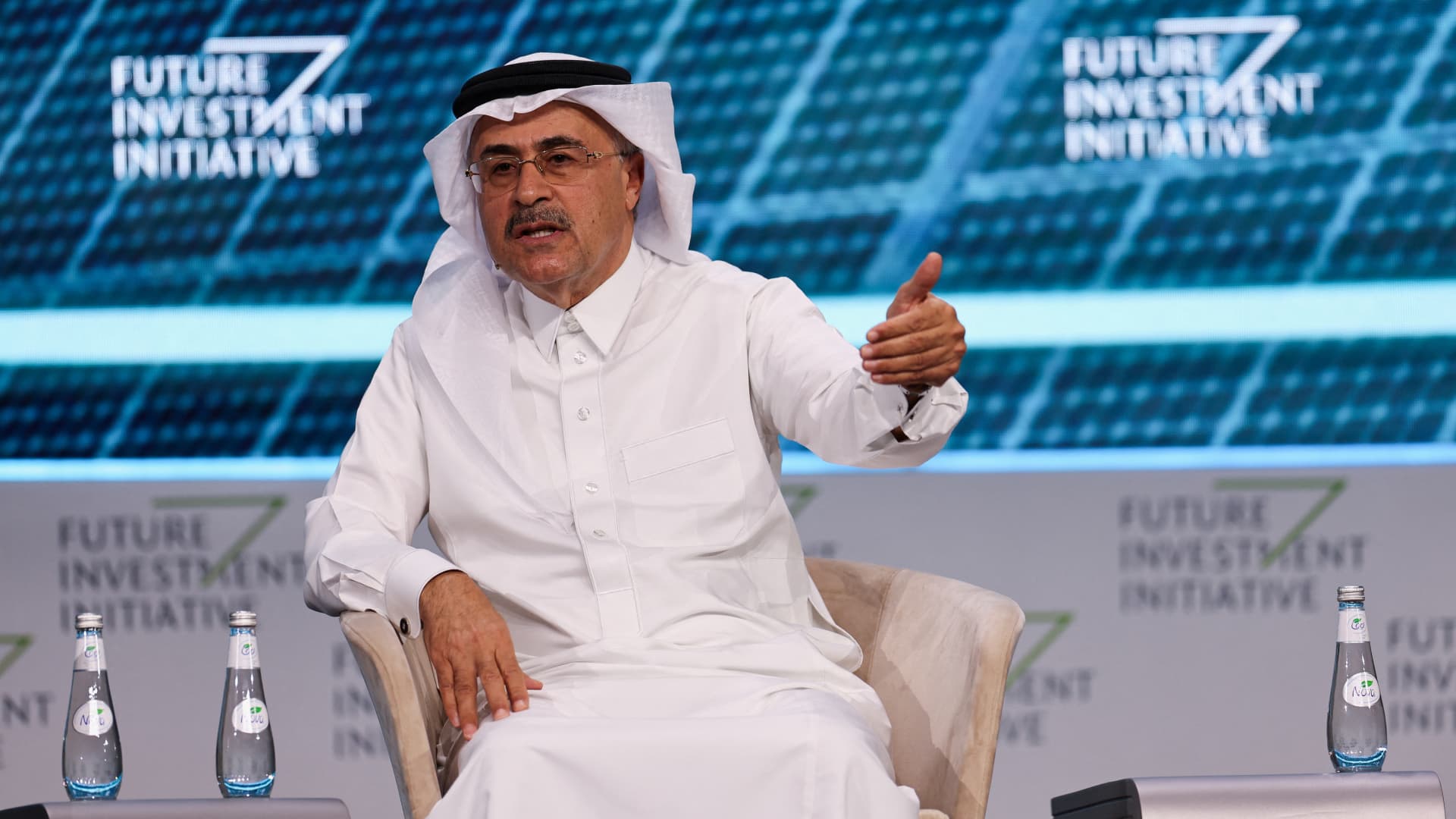China has officially drawn a line in the digital sand. From October 2025 onward, anyone hoping to share professional advice online — in fields like medicine, law, education, or finance — must first prove they actually know what they’re talking about. Gone are the days when confidence and charisma alone could turn someone into a “guru.” Now, certification is the new social currency.
The change comes as part of a sweeping new set of guidelines issued by China’s National Radio and Television Administration (NRTA) and the Ministry of Culture and Tourism. These rules demand that livestreamers and content creators possess “relevant qualifications” before discussing topics that require professional expertise. For a country where livestreaming is a trillion-yuan industry, the decision marks a digital revolution — one that could reshape not just China’s internet culture, but the very definition of online influence itself.
From Viral Gurus to Verified Experts
For years, China’s influencer economy has been a land of boundless opportunity — a virtual gold rush where anyone with a smartphone and a ring light could become a household name. Livestreamers sold everything from lipstick to life advice. Health “coaches” dispensed unverified remedies. Financial “experts” promised shortcuts to wealth. The formula was simple: charm, consistency, and a little luck.
But charm doesn’t replace competence. During the pandemic, Chinese regulators watched in alarm as misinformation spread faster than any virus. Unqualified influencers were peddling miracle cures and questionable medical claims to millions. Some offered health hacks that doctors publicly denounced as dangerous. Others, in the financial sector, were accused of misleading their followers into scams and unsound investments.

The new rules aim to stop that spiral. Any influencer who wants to discuss topics tied to law, medicine, education, or finance will now need verifiable credentials degrees, licenses, or certifications. Platforms like Douyin (China’s version of TikTok) and Bilibili must cross-check these qualifications, store them digitally, and report them to authorities. Even artificial intelligence-generated presenters must comply.
While the policy has sparked fear among independent creators, it also introduces a long-overdue sense of accountability. After all, when online advice shapes medical choices, financial decisions, or legal interpretations, the line between content and responsibility blurs. In Beijing’s view, this regulation isn’t censorship it’s protection.
Professionalism or Political Control?

At first glance, this crackdown seems like a public safety measure. Who wouldn’t prefer certified doctors over self-proclaimed healers? But, as with many policies in China, professionalism and politics are closely intertwined.
The new 18-point guideline also bans a list of online behaviors that have little to do with professional accuracy and everything to do with ideological alignment. Livestreamers are prohibited from posting anything that might “distort” the image of the Communist Party or insult the legacy of national heroes. Content flaunting wealth, luxury lifestyles, or excessive consumption long staples of influencer culture is now off-limits too.
In short, China is cleansing not just misinformation, but moral and political deviance from its online ecosystem. The policy’s subtext is clear: digital influence should reinforce state-approved values. This is part of a broader cultural campaign by Beijing to shape the moral tone of the internet one that has already targeted gaming, celebrity culture, and fan communities.
Critics, both within China and abroad, argue that the line between safety and suppression is razor-thin. While the policy curbs false information, it also grants the state unprecedented control over who can speak and what they can say. A certified doctor might still be silenced if their health advice contradicts official policy. An economist could face bans for interpreting market data too freely.
Supporters counter that some level of gatekeeping is necessary in the digital age. In an era where “influencers” can rival journalists and doctors in reach, ensuring basic competence might be the only way to maintain public trust. It’s a delicate dance between empowerment and enforcement, between education and control.
The Rise and Risk of Digital Authority

Influencers in China have become more than entertainers they’re public figures who hold enormous sway. Take Li Jiaqi, the “Lipstick King,” who once sold millions of dollars’ worth of cosmetics in a single livestream. His sudden disappearance in 2022, after featuring a tank-shaped ice cream around the Tiananmen Square anniversary, showed just how quickly digital fame can vanish under political scrutiny.
This new regulation formalizes that power dynamic. Influence is no longer a matter of personality it’s a matter of permission. The state now determines who qualifies as an expert.
For the influencer community, the implications are vast. Those who once thrived on spontaneity and creativity now face paperwork, licensing, and algorithmic oversight. A former schoolteacher turned education vlogger could lose income waiting for verification. A finance podcaster might have their channel suspended for incomplete documents. Even legitimate professionals risk falling foul of bureaucratic slowdowns.
The platforms themselves face heavy responsibility. Douyin, Weibo, and Kuaishou must verify millions of creators, effectively becoming part-regulator and part-enforcer. Each error could lead to lawsuits or government penalties. It’s a monumental logistical challenge one that transforms entertainment companies into compliance machines.
Yet many believe this was inevitable. The influencer industry exploded so fast that regulation lagged behind reality. What started as digital entrepreneurship became a moral gray zone of advertising, parasocial influence, and unchecked authority. China’s crackdown, harsh as it seems, may simply be the system catching up to its own creation.
The Global Echo: Regulation Goes Viral

Though uniquely Chinese in scope and ideology, this move resonates with global trends. Across continents, governments are realizing that online influence is no longer a private matter it’s a matter of public welfare.
The European Union’s Digital Services Act requires transparency in how platforms manage misinformation and user data. Spain’s Influencer Law mandates that creators with over a million followers register and label advertisements. Even Google and YouTube have introduced stricter ranking standards for YMYL (Your Money or Your Life) content health, finance, and safety-related topics emphasizing expertise and trustworthiness under their EEAT (Experience, Expertise, Authority, and Trust) framework.
In that light, China’s policy doesn’t appear alien only extreme. Where Europe promotes disclosure, China enforces compliance. Where Western governments nudge platforms, Beijing commands them.
The shared dilemma is philosophical: how do you protect citizens from misinformation without muzzling freedom of expression? Every attempt to solve that puzzle exposes new trade-offs. In China, that trade-off leans heavily toward control. In the West, it leans toward chaos. Neither side has found the perfect balance.
But China’s system offers a glimpse into a possible future one where online influence becomes a licensed profession. Imagine a world where anyone offering medical advice on Instagram must register their credentials, or where financial influencers on YouTube are audited for accuracy. It’s not as far-fetched as it sounds.
Creativity Under Watch

While the new regulations bring structure, they also bring fear. Many creators worry that the magic of the internet its spontaneity, its experimentation, its messy humanity could fade under surveillance. The same wild energy that made social media exciting might be the first casualty of bureaucracy.
Self-censorship, already a quiet norm among Chinese influencers, is likely to intensify. Creators know the invisible boundaries of acceptable speech, but now those boundaries come with official paperwork. A misplaced word or misunderstood metaphor can mean a strike, a suspension, or worse.
Some fear this could stifle innovation. Influencers who once turned complex subjects into accessible entertainment may now tread carefully to avoid scrutiny. The result could be a cleaner but duller internet a digital space polished of all its rough edges and unpredictability.
Yet, there’s another view: that this might be the price of maturity. Every medium, from radio to television to film, faced its regulatory reckoning. The internet simply delayed its own. China’s influencer economy has reached that point of reckoning faster than anyone else. The messy freedom of the early 2010s was exhilarating but also unsustainable. Perhaps the pendulum now swings toward structure and accountability.
The challenge is whether that accountability can exist without erasing individuality. The future of Chinese social media will depend on whether creators can navigate this new system with authenticity intact or whether the fear of oversight will flatten creativity into conformity.
Redefining Trust in the Digital Age

At the heart of this story lies a profound question: what does it mean to be trustworthy online? For years, trust was measured in metrics followers, likes, engagement. Now, Beijing is saying those numbers mean nothing without credentials.
It’s a bold redefinition of credibility. In the age of “fake news” and AI-generated content, demanding proof of expertise feels both radical and sensible. If every financial influencer had to show a license, if every health vlogger needed medical certification, the digital landscape might be safer. The chaos might calm. The scams might slow.
But trust is not just institutional it’s emotional. People follow influencers because they feel authentic, because they blend personality with insight. A system that over-regulates risks losing that human connection. The irony is that the same rule designed to build trust might also erode it if audiences begin to see influencers as extensions of state authority rather than independent voices.
Still, it’s hard to ignore the logic behind China’s move. In a digital era where misinformation can affect elections, health outcomes, and financial markets, the idea of expert-led influence is undeniably appealing. Beijing has simply taken that logic to its endpoint: a fully credentialed internet.
The New Digital Order
As the dust settles, one message rings loud and clear the era of performative expertise is ending. China’s influencer regulation is both a crackdown and a call to responsibility. It insists that the power to influence must come with proof of competence and a willingness to be held accountable.
The global ripple effect is already visible. Policy analysts and tech leaders are watching closely, wondering if this model part meritocracy, part authoritarianism might become the template for managing misinformation elsewhere. After all, every nation faces the same challenge: how to ensure truth without silencing creativity.
Whether China’s experiment becomes a blueprint or a cautionary tale will depend on its execution. If it succeeds in cleaning up misinformation without crushing independent thought, it might inspire similar measures worldwide. If it tips too far into censorship, it will serve as a warning about the perils of state-controlled credibility.
Either way, the influencer world will never be the same. The digital Wild West is being tamed not by algorithms, but by credentials. And in this new order, influence isn’t something you can fake; it’s something you must earn.













Leave a Reply